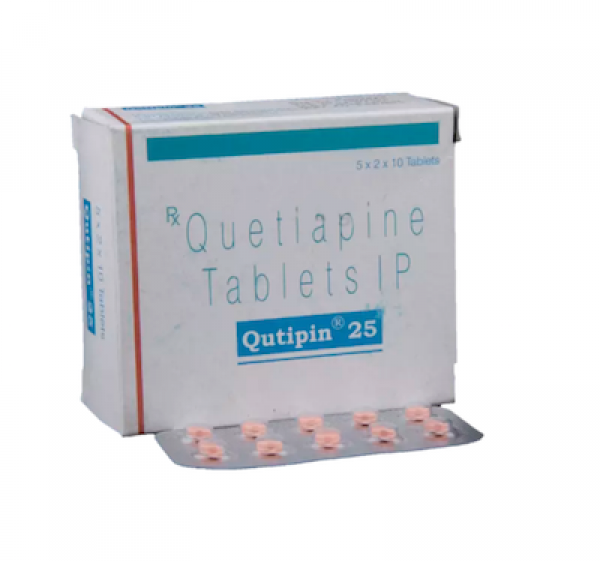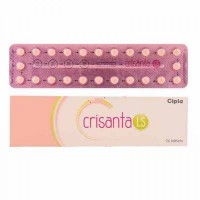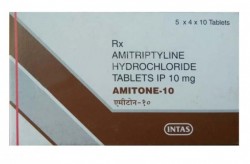Seroquel (quetiapine) is an antipsychotic medication. It works by changing the actions of chemicals in the brain.
rnSeroquel is used to treat schizophrenia in adults and children who are at least 13 years old. It is used to treat bipolar disorder (manic depression) in adults and children who are at least 10 years old.
rnSeroquel is also used together with antidepressant medications to treat major depressive disorder in adults.
The health and medical information provided here is for general purposes only and is not a substitute for the expertise and judgment of your physician, or other health care professional. It should not be understood to indicate that the use of this medicine is safe, appropriate or effective for you. Always consult your health care professional before using this, or any other, drug.
Seroquel is not for use in psychotic conditions related to dementia. Seroquel may cause heart failure, sudden death, or pneumonia in older adults with dementia-related conditions. Stop using Seroquel and call your doctor at once if you have the following symptoms: very stiff (rigid) muscles, high fever, sweating, confusion, fast or uneven heartbeats, tremors, uncontrolled muscle movements, feeling light-headed, blurred vision, eye pain, increased thirst and urination, excessive hunger, fruity breath odor, weakness, nausea and vomiting.
rnYou may have thoughts about suicide when you first start taking an antidepressant, especially if you are younger than 24 years old. Your doctor will need to check you at regular visits for at least the first 12 weeks of treatment.
rnCall your doctor at once if you have any new or worsening symptoms such as: mood or behavior changes, anxiety, panic attacks, trouble sleeping, or if you feel impulsive, irritable, agitated, hostile, aggressive, restless, hyperactive (mentally or physically), more depressed, or have thoughts about suicide or hurting yourself.
Get emergency medical help if you have any of these signs of an allergic reaction to Seroquel: hives; difficulty breathing; swelling of your face, lips, tongue, or throat.
rnCall your doctor at once if you have any new or worsening symptoms while taking Seroquel, such as: mood or behavior changes, anxiety, panic attacks, trouble sleeping, or if you feel impulsive, irritable, agitated, hostile, aggressive, restless, hyperactive (mentally or physically), more depressed, or have thoughts about suicide or hurting yourself.
rnStop using Seroquel and call your doctor at once if you have a serious side effect such as:
rnvery stiff (rigid) muscles, high fever, sweating, confusion, fast or uneven heartbeats, tremors;
rnfeeling like you might pass out;
rnjerky muscle movements you cannot control, trouble swallowing, problems with speech;
rnblurred vision, eye pain, or seeing halos around lights;
rnincreased thirst and urination, excessive hunger, fruity breath odor, weakness, nausea and vomiting;
rnfever, chills, body aches, flu symptoms; or
rnwhite patches or sores inside your mouth or on your lips.
rnLess serious Seroquel side effects may include:
rndizziness, drowsiness, tired feeling;
rndry mouth, sore throat;
rnnausea, vomiting;
rnstomach pain, upset stomach, constipation;
rnincreased appetite;
rnbreast swelling or discharge;
rnmissed menstrual periods; or
rnweight gain.
Take Seroquel exactly as prescribed by your doctor. Do not take in larger or smaller amounts or for longer than recommended. Follow the directions on your prescription label.
rnYour doctor may occasionally change your Seroquel dose to make sure you get the best results.
rnTake this medicine with a full glass of water. You may take Seroquel with or without food. Do not crush, chew, or break an extended-release tablet. Swallow the pill whole. Breaking the pill may cause too much of the drug to be released at one time.
rnTo be sure Seroquel is not causing harmful effects, your blood cells, blood pressure, and vision may need to be tested often. Visit your doctor regularly.
rnSeroquel may cause you to have high blood sugar (hyperglycemia). Talk to your doctor if you have any signs of hyperglycemia such as increased thirst or urination, excessive hunger, or weakness. If you are diabetic, check your blood sugar levels on a regular basis while you are taking Seroquel.







